In addition, they can work for independent practices, allowing more autonomy than other medical facilities. Considering all the career paths healthcare workers can choose, employers must go beyond simply offering competitive salaries and benefits packages to attract new talent and keep their best clinicians working for them.
When recruiting and retaining top talent, employers should consider factors such as employee potential and development, internal processes and how they impact staff workloads, the benefits of working for your practice, and competitive compensation.
When you hire great people, they will attract other great people. So as you look to retain your existing workforce and attract new talent, keep these strategies in mind:
Evaluate people based on their potential, not their past. It's easier to find a good fit when hiring someone who can grow into the role and become an asset rather than a liability. Graduates of healthcare programs often have difficulty finding employment after graduation, but they are great candidates. Candidates who come straight from graduation are often eager to learn and amenable to the culture and standards you set for your practice.
Train and develop employees so they can fulfill their potential at your organization. Provide training opportunities to team members as part of your commitment to personal and professional development. For example, offer education programs like skill-based workshops and informal learning experiences. For some team members, mentorship programs with senior-level colleagues who have valuable skills to provide entry-level team members, like communication, could be worthwhile. If you don't already offer this training program within your practice’s culture, where employees feel comfortable asking questions without worrying about making mistakes or looking bad in front of a patient, then maybe try starting one! Helping everyone to feel included will help retain top talent, even those who might otherwise struggle learning specific skills due to a lack of confidence, etc.
Prevent heavy workloads with standard operating procedures
Processes are the key to success. If you already have processes in place, start defining standard operating procedures for each essential task or process in your practice. If you still need to get processes in place, this is a great opportunity to start forming them! First, consider which tasks are essential to your practice's operations and what would happen if there was no standard operating procedure to follow. Next, divide workflow by the natural skill sets and identify those with skills. Finally, cross-train employees, so obligations are taken care of if someone is out of the office or needs help with their workload. Proper workflow delegation ensures that work gets done efficiently and effectively.
Competitive compensation
Payroll is the single largest expense for most businesses, accounting for up to 70 percent of all overhead. Understanding how much to pay your employees will help you attract and retain top talent while maintaining profitability.
- Starting salary: How do you determine what to pay new hires? Consider their experience level, education, and skills when deciding on a salary range. If there is no difference between salaries with similar titles across similar practices, the middle of that range should be your starting point. You can increase it with time, based on demonstrated ability and effort. If a team member is willing to take on additional responsibilities without being asked, note their initiative.
- Raises and bonuses: There are multiple ways to offer bonuses, whether merit-based or seniority-based. Incentivizing team members with production-based bonuses could also benefit your practice. However, be mindful of production-based as the primary compensation method, as it can deter entry-level physicians, physician assistants, or nurse practitioners that still need an established patient base.
Prioritize employee recognition
Employee recognition is integral to any company culture. The best part about employee recognition programs is that they don’t require much money or effort from employers; simply taking a genuine interest in what employees do daily can go a long way and make your team feel appreciated at work.
In addition, perks are a great way to show your practice staff that you care about them. They can be low or no cost, but they can also greatly impact employee morale and retention. Employer rewards, company outings, and other perks are all ways to show appreciation for the hard work of your staff.
No matter what specialty you’re in, good talent is essential for practice growth. Building a team that consistently delivers the best results takes a lot of work, but if you take care of your employees as individuals and invest in their future, they will reward you with loyalty and hard work.
15% Off Medical Practice Supplies
VIEW ALL
 Manual Prescription Pad (Large - Yellow)
Manual Prescription Pad (Large - Yellow) Manual Prescription Pad (Large - Pink)
Manual Prescription Pad (Large - Pink) Manual Prescription Pads (Bright Orange)
Manual Prescription Pads (Bright Orange) Manual Prescription Pads (Light Pink)
Manual Prescription Pads (Light Pink) Manual Prescription Pads (Light Yellow)
Manual Prescription Pads (Light Yellow) Manual Prescription Pad (Large - Blue)
Manual Prescription Pad (Large - Blue)__________________________________________________
Appointment Reminder Cards
$44.05
15% Off
$56.30
15% Off
$44.05
15% Off
$44.05
15% Off
$56.30
15% Off

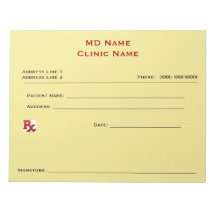
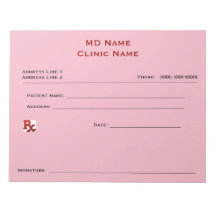

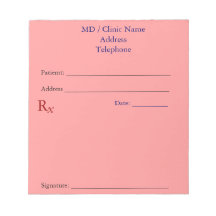
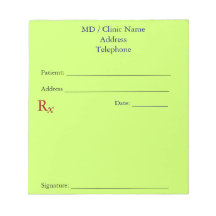
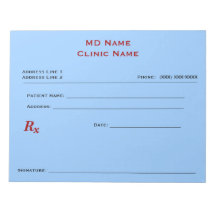
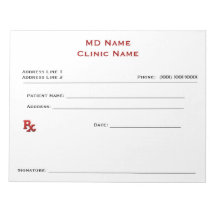
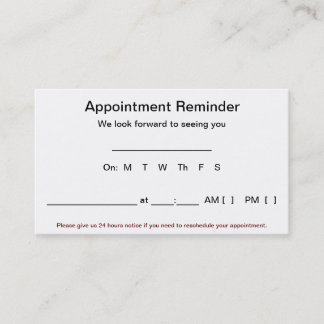
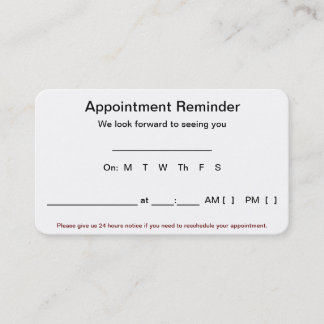
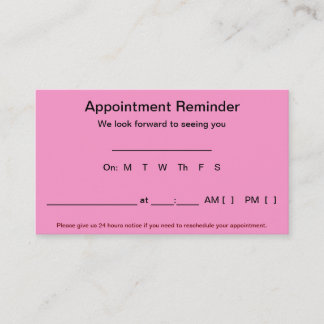
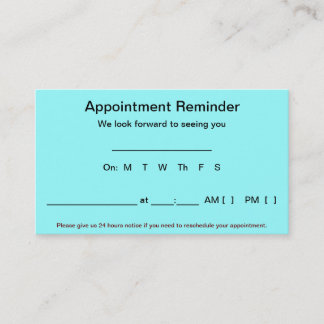
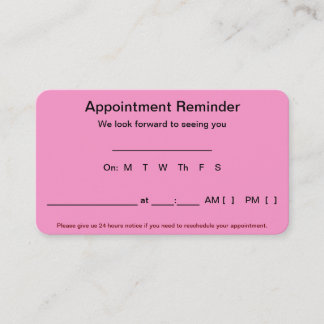
No comments:
Post a Comment